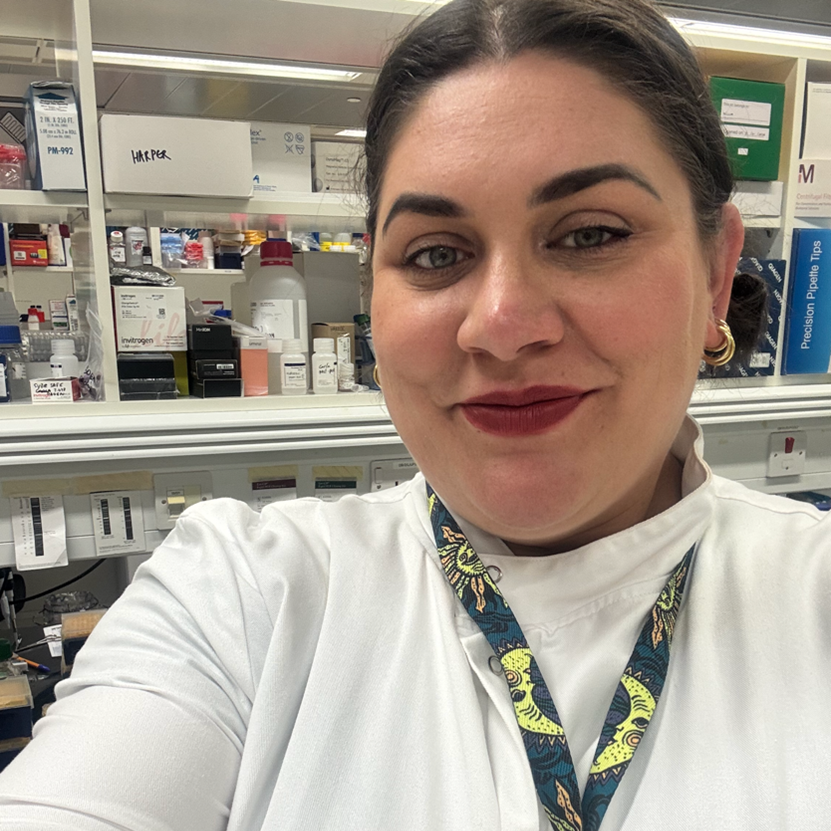An International Fish Biology and Fisheries Society
We provide opportunities for our members to access monetary grants, PhD scholarships, internships and training within the fish biology and fisheries field.
The FSBI Annual Symposium 2026
Breaking Siloes in Fish Biology.
Hosted by University of Southampton
27th-31st July 2026, Southampton
WHO we are
The FSBI is a registered charity based in the UK, but we serve a global community.
with members from other societal countries.
We celebrate diversity and inclusion, and we welcome anyone who is passionate about fish and fisheries biology to become a member of our society.
Membership is open to anyone interested in these objectives.
We are constantly trying to improve the society to make it more accessible and valuable to our members, to find out more about our current plans for progress click here >>
Member benefits
We have a range of benefits for members at every career stage from undergraduates to retired society members. Below is a selection of the many member benefits we offer.
Travel Grant Funding
Members can apply to get up to £1500 in travel money for conferences and FSBI approved events.
Research Grants
Student or Retired members can apply for funding to undertake novel research.
Postdoctoral Fellowships
Postdoctoral members can apply for up to £20,000 for research that facilitates international mobility of expertise.
PhD studentships
Members can apply for a fully funded PhD position. Paid the same as a NERC position with a £1000 supplement and annual consumable funds.
Internships
Undergraduate members can apply for a summer internship with an institution. We also cover the accommodation cost and contribute to any research costs.
Training Grants
Our members can apply for funding towards a training course that is related to their work in fish biology and/or fisheries.
Our membership
Our membership is managed by the RSB portal on our my.fsbi subdomain, to buy membership you will first need to make a account then select which membership option you want.
Click one of the sign up buttons below the membership options to take you to our my.fsbi member portal.
Basic Membership
£10/yr
Journal Membership
£30/yr
Includes basic membership +
Student Journal Membership
£30/yr
£15/yr
Includes basic membership + Journal membership +
FAQ
We are an international community and registered charity that celebrates diversity and inclusion and have members from over 32 countries. We welcome anyone who is passionate about fish and fisheries biology to join our society. Becoming an undergraduate member of the FSBI will not only benefit your access to recent papers but will also enhance your CV and provide you with many opportunities to get involved with the scientific community. We also provide summer Internship opportunities for our undergraduate members at a chosen academic institution. We even pay for your accommodation costs!
This will give student members of either organisation access to the student services of the other at no extra cost. This is an optional sign up you can select for the student journal membership.
What does it give you?
- Discounted rates for both FSBI and IFM events
- Ability to apply for FSBI and IFM funding
- Increased networking and career support opportunities
Find Out More Here!
We have our own dedicated membership support member who can be contacted on the phone at 02039253477 or by email: theteam@fsbi.org.uk
For specific grant based inquiries you can also contact the appropriate council member found on our About page.
We will send you a email reminder before your membership expires with a link to renew your membership. If you need a reminder of when your membership will run out please email theteam@fsbi.org.uk
FSBI ANNUAL SYMPOSIUM
Since 1977, the highlight of each year has always been our amazing annual symposium. Next year's symposium is hosted by Southampton University 27th - 31st of July 2026.
FSBI Latest News AND STUDENT BLOGS
Fish and fisheries job Board
January 26, 2026
fsbi-builder
Enter your text here...
July 24, 2025
Domino Joyce
Enter your text here...
June 24, 2025
fsbi-builder
Enter your text here...
Read Our Quarterly Newsletter
Our quarterly newsletter, edited and put together by Professor Paul Hart, gives you a summary of all the wonderful news and updates from the society and our members.
If you would like to contribute to the newsletter please get in contact with Paul ASAP. Click Here to Email Paul
Congratulations to 2025's FSBI Medal Winners
Each year, the FSBI awards medals for lifelong individual contributions to fish biology and/or fisheries science, with a focus on ground-breaking research; for lifelong individual or team contributions to conservation, training or public understanding of the disciplines; and for individual exceptional advances in early career within these disciplines.

Beverton Medal
Prof. Colin Adams
The Beverton Medal is awarded to an individual in recognition of ground-breaking research and lifelong contribution to the study of fish and fisheries science.
Colin Adams holds the chair in Freshwater Ecology at the University of Glasgow. His research interests include the early evolutionary processes leading to the emergence of new diversity in fish, the processes in migration and rare freshwater fishes. He is particularly interested in the interface between fundamental research and practical applications. Until recently he was the Director of the Scottish Centre for Ecology and the Natural Environment, a field station on Loch Lomondside and he previously held a chair in freshwater ecology at the University of Tromsø. He has two daughters and (at the time of writing) one wonderful grandson.

Le CREN MEDAL
Mr Oliver Crimmen
The Le Cren medal is awarded to one or more individuals who have made a lifelong contribution, with a focus on conservation, training or public understanding.
This year it is awarded to Mr Oliver Crimmen for his lifelong dedication, passion for, and expertise in the maintenance of fish collections at the Natural History Museum in London. He retired in 2024, and his role brought him into contact and collaboration with people from all walks of ichthyological life as he provided help and advice from the home of one of the world's great repositories of scientific information. His selfless dedication to ichthyology and fish taxonomy means that his name is acknowledged in innumerable scientific publications and he has helped and inspired countless scientists. He is now in a position to look back, and forward, on the value of his role.

HUNTINGford MEDAL
Chan Wan Wen Rochelle
The Huntingford medal is awarded to a member of the society with the most impactful paper published in in the Journal of Fish Biology.
This year it is awarded to Chan Wan Wen Rochelle, from the National University of Singapore, Reef Ecology Laboratory. Her research interests include fish ecology and genomics. Throughout her career, she has worked specifically on fish barcoding and population genetics and on the trophic ecology of fishes in freshwater systems.

FSBI MEDAL
Dr. Juan-Jordá
The FSBI medal is awarded to an early career scientist who is deemed to have made exceptional advances in the study of fish biology and/or fisheries science.
Dr. Juan-Jordá is a Senior Researcher at the Spanish Institute of Oceanography (IEO-CSIC). As a marine ecologist and fisheries scientist, her research aims to identify and address the key drivers affecting fisheries sustainability, particularly for highly migratory species such as tunas, billfishes, and sharks, to ensure the long-term use and conservation of marine biodiversity. Through collaborative efforts, she develops ecosystem-based tools and products to support the implementation of the Ecosystem Approach to Fisheries Management (EAFM) in tuna Regional Fisheries Management Organizations (RFMOs). Her work directly supports scientific, advisory, and management organizations at European (DG MARE) and international levels (RFMOs, FAO, and IUCN), contributing to sustainable fisheries management.
Meet Our New FSBI Students
Each Year we advertise studentships to take on a new PhD student sponsored by the FSBI!

University of Edinburgh
Helen Weber (2024-)
Plight of the stingray: conserving cownose rays using genetic tools.
Helen is a doctoral student at the University of Edinburgh where she studies conservation genomics with a focus on understudied and exploited marine species that lack legal protections. She uses genetic tools to guide effective conservation and management strategies for her study group, the cownose rays. Helen’s research began with a master’s degree investigating the population structure of cownose rays in the western Atlantic, work that contributed to federal protection efforts in the United States and resulted in the halting of the hunting competitions targeting this vulnerable group. Building on this work, her PhD research examines cownose ray genetics on a global scale, providing crucial insights into their worldwide population dynamics and conservation needs.

University of Glasgow
Joris Philip (2024-)
Molecular mechanisms of repeated adaptative divergences in Arctic charr.
Joris is an evolutionary ecologist working on the speciation of the Arctic charr. He has been working on the Arctic charr since 2019 where he studied their behavioural ecology in what is known to be the most famous Arctic charr system, Lake Thingvallavtn in Iceland. His journey in the field of evolution have been inspired by Beverton and FSBI medal winners, Prof. Skuli Skulason, Prof. Colin Adams and Prof. Kathryn Elmer. His PhD research focuses on the genetic basis and molecular mechanisms of parallel evolution in the Arctic charr in Scotland. He uses replicated Arctic charr ecotypes as a model system to unravel the contribution of different gene regulatory processes to alternative phenotypic evolution and investigate their underlying genetic basis. Furthermore, Joris integrate a multi-taxa approach in order to determine the regulatory mechanisms underlying parallel phenotypic plasticity responses across salmonid species. Overall, he is interested in addressing the overarching question in ecological speciation by trying to connect evolutionary genomics, behavioural ecology and quantitative genetics to do so.

University of Hull
Claudio Silva de Freitas (2023-)
Can hybrid “magic” accelerate speciation?
Claudio is a Portuguese/South African researcher investigating visual systems in fish. The aquatic light environment is unique because water differentially absorbs light spectra relative to depth, with a corresponding decrease in light intensity due to water molecules and dissolved particles, causing a scattering effect. Changes in genes associated with visual systems have the potential to disproportionately drive evolutionary change because they can simultaneously contribute to ecological adaptation and reproductive isolation in species where mate choice is based on nuptial colours (“magic traits”). With the development of CRISPR-Cas9 gene editing and the significant genomic data available on fish visual systems, Claudio has been able to test hypotheses regarding the adaptive significance of specific genomic changes and their ecological and reproductive consequences, while also defining visual plasticity. Haplochromine cichlids provide an ideal system for this research. The East African Great Lakes are home to several thousand endemic cichlid species, shaped by both natural and sexual selection.

University of East Anglia
Maisie Evans (2022-)
Interactions between CMS-listed migratory sharks and commercial fisheries.
As a PhD student at the University of East Anglia (UEA), Maisie is collaborating with the Centre for Environment, Fisheries, and Aquaculture Science (Cefas) to assess impacts of commercial fisheries on sharks and rays listed on the Convention for the Conservation of Migratory Species. Aiming to aid species management in British waters, Maisie is working to determine bycatch levels, assess mortality rates, and determine future habitat suitability of the UK shelf, extending to British Overseas Territories, under different climate scenarios. Whilst working with Cefas, Maisie has gained experience on the RV Cefas Endeavour collecting stock assessment data in the English Channel and North Sea. Prior to her PhD, Maisie worked as a Tutor with the Field Studies Council, in finance for Operation Wallacea, and as Volunteer Coordinator at their field site in Honduras. She holds a Bachelor’s degree in Wildlife Conservation from Nottingham Trent University and a Master’s degree in Ecology and Conservation from UEA.
Check Out our New YouTube Series: Inside the FSBI!
Explore how our society works and the experiences of some of our members, grant winners and medalists!
Please accept cookies to access this content
IFM - FSBI Membership partners
Created in 1969 in the UK, the IFM is dedicated to the advancement of sustainable fisheries management. Like the fsbi, they are a non-profit organisation managed by an elected council. Our members are fisheries managers from research bodies, fishing and angling organisations, water companies, fish farms and educational institutions.

